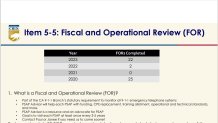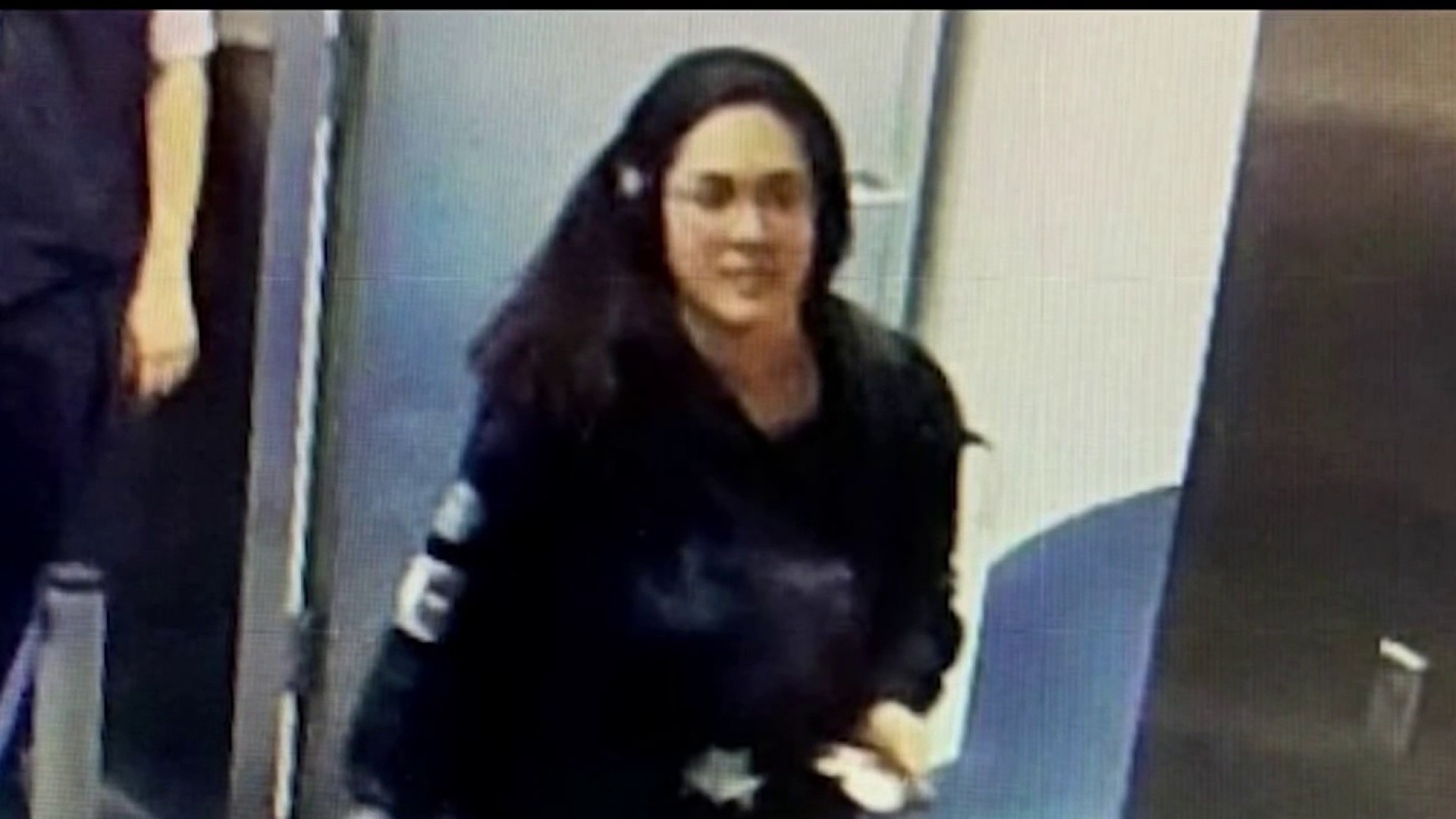With industrywide staffing shortages, 911 answering times quadrupling industry standards and more people saying they’re losing trust in their city’s ability to respond to emergencies, the NBC Bay Area Investigative Unit examined state and federal oversight of 911 centers. Over the past few months, the team uncovered major shortcomings in the review processes. The gaps and failures in monitoring, industry experts say, put both public safety and public money at risk.
Failure to monitor 911 funds and centers
Every California phone bill comes with a 30-cent 911 surcharge. Thirty cents may not seem like a lot, but with every phone customer paying this fee every month for every line, the amount adds up.
With additional fees for the 988 emergency mental health phone services, Californians paid nearly $200 million in phone fees to the State Emergency Telephone Number Account last year. Since 2013, telephone taxes and these surcharges have totaled to more than a $1 billion in public funds. The money is meant to maintain and update our state’s 911 system and gets distributed to local communication centers for equipment and training.
Get top local stories in Southern California delivered to you every morning. >Sign up for NBC LA's News Headlines newsletter.
Although regulation of 911 centers fall on local jurisdictions, state and federal agencies are supposed to monitor them. According to the state’s own 911 Operations Manual, the California Office of Emergency Services (Cal OES) is mandated to monitor CA 911 funds and perform fiscal and operational reviews of local 911 centers.
But the state agency is failing to carry out this monitoring requirement, the Investigative Unit found.
National Investigations
In its recent 911 fee report to the Federal Communications Commission, Cal OES said it conducts a fiscal and operational review of all 440 911 call centers in California “on average, about every other year.”
However, according to a Cal OES 911 Advisory Board report last month, the state agency has completed 22 reviews so far in 2023, two in all of 2022 and zero in 2021.

For more than a month, through multiple emails and calls, NBC Bay Area tried reaching out to Cal OES about this significant gap in reviews, but the agency did not respond to the requests.
In a statement to the Investigative Unit, an FCC spokesperson said, “The FCC does not oversee how [911 call centers] are regulated under state law…the FCC issues a survey to the reporting jurisdictions…[and] cannot compel reporting jurisdictions to provide all the information requested."
Why does it matter?
In an emergency when you call 911, you trust the system is reliable and calls are answered within the state’s 15-second standard. Most of the time, in California, they are, according to state 911 answering time data analyzed by the Investigative Unit.
But when there’s a gap in oversight or failure to monitor local 911 centers, industry experts say 911 centers can fall through the cracks or fail altogether.
Over the past several months, the Investigative Unit has talked to people who called Oakland 911 and got busy signals, waited up to 10 minutes to speak to a live dispatcher or never got an answer altogether. Oakland's current average answering time is the second worst in the state.
In June, Jairo Torres followed a group of thieves who stole his band equipment after he says the city of Oakland never answered his 911 calls. NBC Bay Area reached out to the Oakland Police Department to find out why no one answered Torres’ 911 call but did not hear back.
The city of Oakland has experienced multiple emergency system outages, one as recently as July. While routing emergency calls through another agency, Oakland dispatchers had to resort to pen and paper to record emergencies. The city cited a power failure. A recent civil grand jury report said the city suffers from severe staffing shortages and years of stalled technology upgrades.
“The situation appears to be getting more dire, as key people leave, the remaining team members are unable to implement the work, the patrol officers are resisting, and the 20-year-old system is waiting to fail catastrophically,” the report concluded.
For more than two months, and after more than a dozen emails and calls to Oakland’s mayor, city administrator and multiple other city officials, not one of them agreed to sit down with the Investigative Unit and talk about the city’s 911 problems. They cited a formal civil grand jury response process they say they need to follow.

But with thousands of Oakland 911 callers impacted by the problem every month, NBC Bay Area anchor Raj Mathai raised the issue with Mayor Sheng Thao during an interview in a recent newscast.
“Obviously long wait times for 911 are unacceptable. My administration will be handling this inherited issue with urgency. This is not anything new,” Thao said.
Oakland 911 falling through the oversight cracks?
California’s mandatory standard is to answer emergency calls within 15 seconds to receive state 911 funding. But Oakland’s answering time, the Investigative Unit found, is nearly a minute long. That is the second worst 911 answering time in California behind CHP Golden Gate Division.
Last year, Oakland reported having 50,121 abandoned 911 calls, meaning someone called but hung up before an answer. That figure doubled from 2021 where Oakland reported 26,852 abandoned calls.
“I had a staff [member] actually get carjacked right in front of the shop,” said Oakland auto shop owner Alan Liang. Liang recently closed his business blaming crime and the city’s emergency response time.
“We didn’t even make a 911 call because we already know what’s going to happen. You know, [you’re] going to be on hold for 10 minutes,” he said.
Liang says he’s lost trust in local officials turning Oakland’s 911 crisis around. He believes outside help is needed. However, according to state data, it’s unclear if Cal OES is aware of Oakland’s communication center’s dire state.
In Oakland’s regular performance report to Cal OES, the city said it received 1,209 total 911 calls last February, zero calls in March and then 26,858 calls in May.
Adding to the city’s confusing numbers to the state, a recent civil grand jury report said Oakland “received over a million 911 calls” last year. But according to Cal OES, the city reported 246,221 in 2022, just a quarter of that.
“That certainly is concerning. One of the things we need is timely, accurate data,” said Cal OES spokesperson Brian Ferguson, who spoke to the Investigative Unit in July about Oakland but never followed up to our other inquiries about the state’s 911 review process. “That’s part of our role in the government – is to closely monitor what’s happening all across the state.”
When asked what Cal OES is doing to enforce proper reporting from cities like Oakland, Ferguson said the agency is limited with what it can do.
“But ultimately that’s going to come down to the locals. It’s their responsibility to provide timely, accurate data and also serve the public,” Ferguson said. “There is follow up that’s needed, it sounds like, in order to make sure that folks get the support they need.”
Catch up on our earlier reports:
Part 1: ‘I don't dial 911 anymore': Oakland's worsening 911 crisis
Part 2: Oakland's 911 system was down 30 hour. It's part of a bigger issue
Part 3: CHP Bay Area responds to having longest 911 answering times in California


